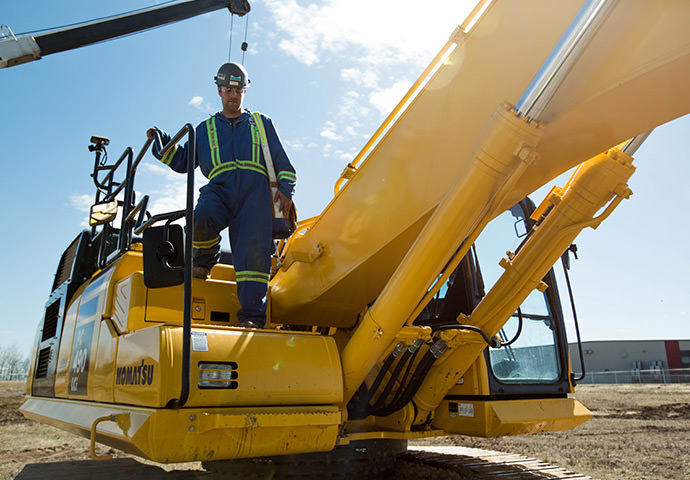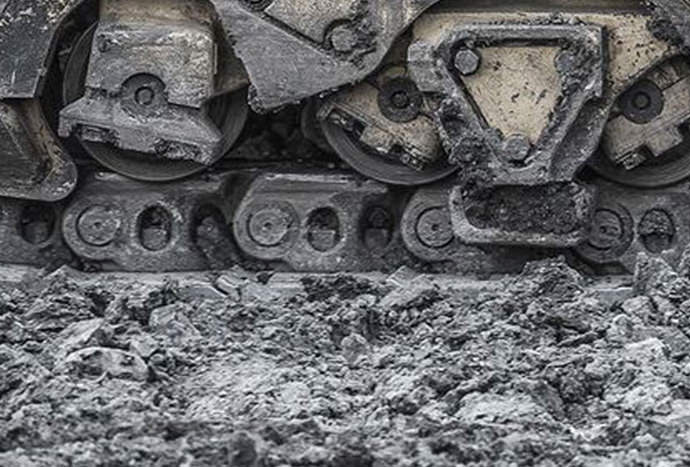At Fort Hills, power comes in the form of follow-through. “If teams are coming to us and seeing we’re not doing anything about it, then we don’t get buy-in for the system,” says Adam. “It comes down to doing right by our people by implementing action as efficiently as possible.”
Daily participation tells the real story. “Our submissions aren’t checkboxes,” says Nigel. “People put thought into it, and that makes a difference. We put major effort into the review, follow-up, and feedback. It goes full circle to result in a safer workplace for the group.”
When the branch has new hires, this often starts with something like, “Saw rag on floor, picked up rag, was a tripping hazard.” With practice, it eventually evolves into something more like, “Saw contractor performing task in an unsafe manner”—which leads into an intervention.
“The system tends to start off basic, but as people gain confidence in the program, it builds into what really matters,” says Adam.
















































